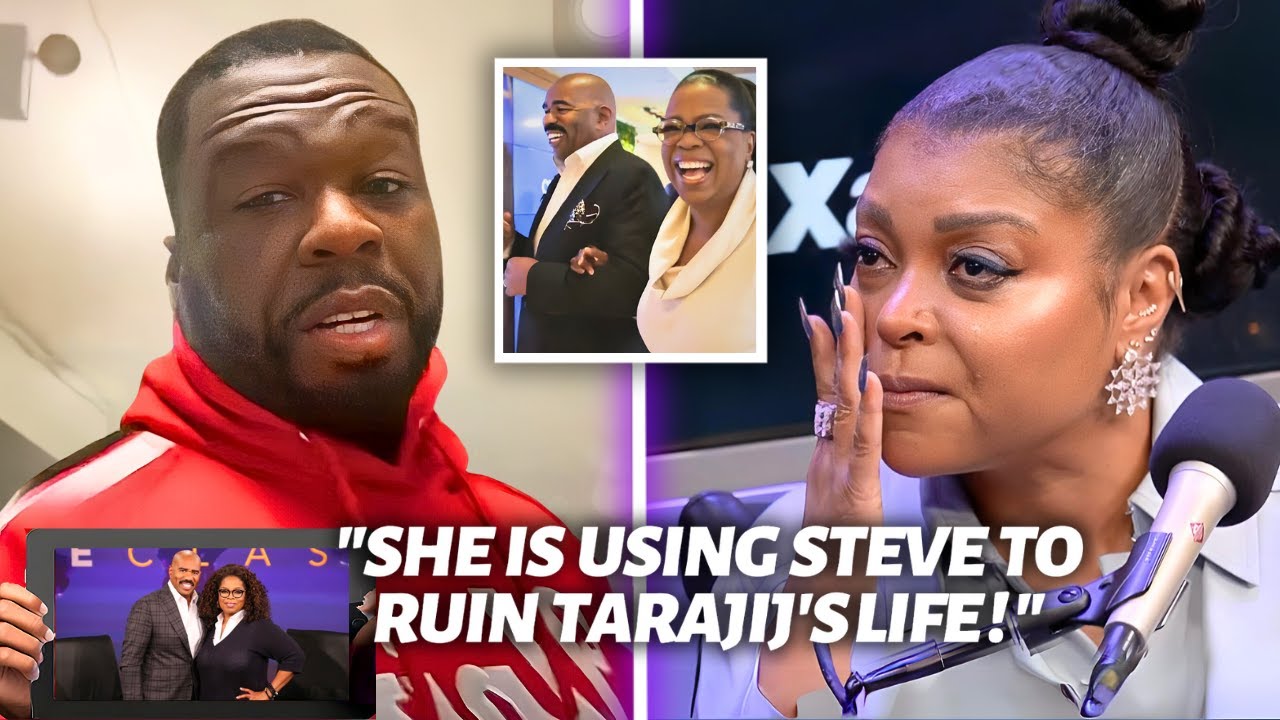In the realm of entertainment, where the stakes are high and the pressure is constant, Taraji P. Henson’s recent statements have sparked a much-needed conversation about pay disparity and mistreatment in the industry. Her candid remarks during the press tour for “The Color Purple” shed light on the systemic issues that black women face, not only in terms of compensation but also in terms of respect and fair treatment.

Taraji’s revelation about her stagnant paycheck since “Proud Mary” resonated deeply with many, as it highlighted a pervasive problem: black actresses, despite their talent and contributions, often receive less than their white counterparts. This disparity extends beyond mere financial compensation; it encompasses the lack of opportunities, recognition, and appreciation that black women experience in Hollywood.
The industry’s failure to recognize and adequately compensate black actresses for their talent and hard work is not only unjust but also detrimental to progress. Viola Davis’s poignant remarks about having to “hustle for her worth” despite her stellar credentials underscore the uphill battle that black women face in an industry rife with bias and inequality.

Taraji’s decision to speak out against the injustice she and other black actresses endure is commendable, as it serves as a rallying cry for change. By shedding light on the disparities and injustices that persist in Hollywood, she is paving the way for a more equitable and inclusive industry.
However, Taraji’s courage to speak out has also brought her into conflict with powerful figures in the industry, including Oprah Winfrey. Allegations of mistreatment on the set of “The Color Purple” and tensions between Taraji and Oprah have only fueled the debate further.
While the details of these allegations remain murky, they highlight broader issues of power dynamics and accountability within the industry. The fact that such mistreatment and disparities persist in a supposedly progressive and forward-thinking industry underscores the need for systemic change.
Ultimately, Taraji’s bravery in speaking out against injustice serves as a reminder that progress is not achieved without struggle. Her advocacy for fair treatment and equal opportunities for black actresses is a crucial step towards creating a more inclusive and equitable entertainment industry for all.





